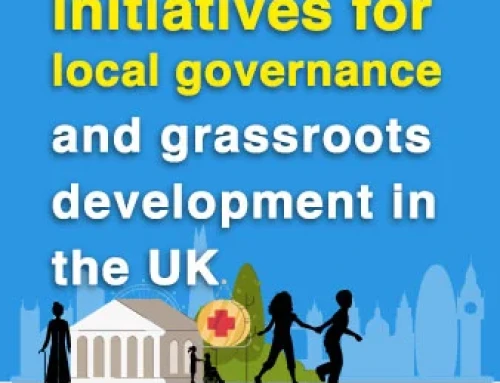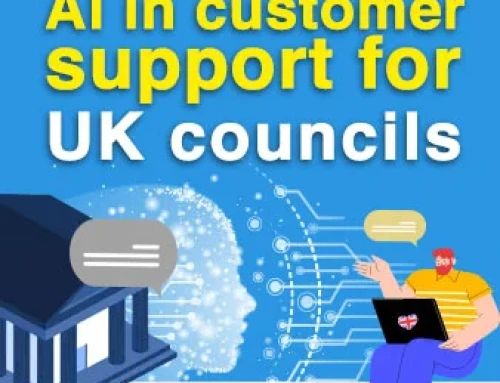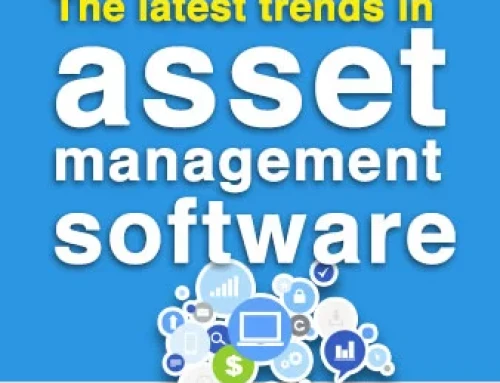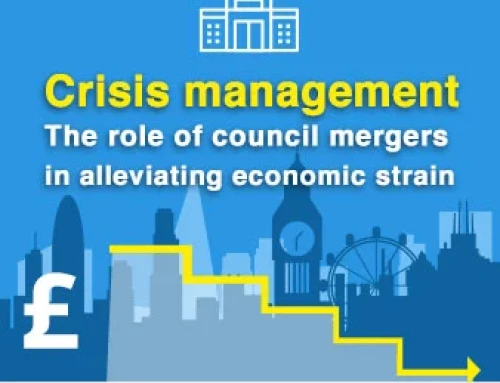How to help the developing nations tackle the global waste problem?
Transforming waste management services for a sustainable future!
The world needs to address the problem of ‘waste’ before it’s too late. Waste management services play a crucial role in sustaining the planet as well as the health of all living creatures. If not taken care of, we will be fool enough to put ourselves in the danger zone. The devastation caused by the waste dumping is beyond a layman’s imagination. Plastic pollution is one of the major sources. Despite various initiatives like chargeable plastic bags, there is no significant decrease in its usage. We are yet to progress and gift ourselves a better surrounding.
How bad is the present situation?
The adversaries of plastic pollution across the rivers and oceans are quite visible as shown in the documentary Blue Planet2 by BBC. According to a study by the Helmholtz Centre for Environmental Research in Germany, 10 rivers are responsible for entering the oceans with 90% of the plastic pollution. This is increasing the marine litter and making the situation worse. Of these, 8 rivers are in Asia and rest two in Africa. The figures are drawing the UK’s attention to help the developing countries. The UK authorities need to rethink and take steps to tackle the global waste problem.
Currently, the British government spends less than £39m to support the developing countries solve the rubbish and waste management problems. The UK environment secretary, Michael Gove, was haunted to see the damage done to the oceans as depicted in the Blue Planet II series. The development charity Tearfund has urged the authorities to increase the spending from 0.3% to 3% of its £13bn aid budget. Theresa May has also assured the support in the form of cash and policies like the 25-year green plan.
But, is it only the money?
Well, no! The developing countries definitely need funds to manage their waste crisis. But, we need a broader view on this issue. The money will help to employ more people, encourage research and provide facilities. Along with that, these nations also need public awareness, education, innovation, recycling technologies and effective solutions to manage the process. It is necessary to streamline the entire waste management procedure. Redesign the collection, dumping and recycling steps. Then only, it is possible to realise the actual benefits.
Using the aid money in the right direction is very important. To tackle the waste management problem, rely on the concept of 4R’s – Reduce, Reuse, Recycle and Recover. To promote a greener culture, the UK should also provide the technology aid. Otherwise, it’s all about running round in the circles. Modern advancements can make the waste management services simpler, faster and leaner. For example, promoting the cloud-based solutions, the growth of IoT & AI, innovative recycling technologies, etc. that are being implemented in the developed countries.
How can technology help to deal with this problem?
Technology is a boon when used with the true intent. In this case, employing a bespoke solution can benefit public and private organisations. It can help to coordinate the working and communicate well with the customers. Waste collection and management involves a huge workforce. The crew has to move around places to collect the waste. It is necessary to make sure that the schedules are in line and they have appropriate details of the job. Otherwise, it may lead to wasted hours, fuel and costs. Again, it will increase the pollution as well.
The right solution will help to automate task scheduling. It will dispatch the waste collection jobs to the appropriate teams considering parameters like location, time, amount of waste, disposal sites, type of waste, size of truck, priority, and other factors. This will increase the productivity and efficiency. Besides that, it promotes paperless culture. The administration runs on the cloud-based platform. And, the workforce uses the mobile worker app. It is easier to communicate, collaborate and coordinate. Moreover, the collected information is secure and available 24×7!
The UK government has been benefiting from robust waste management services platform. The developing nations, too, have a great scope to improve their processes. For example, consider using a self-service application for the citizens. It will allow them to request bin collection, know their bin day, manage the waste contracts, and pay for the services. It will encourage citizen participation and awareness. The back-office and mobile waste crew coordination is simplified with a paperless approach. Thus, it will reduce the expenditure and streamline the end-to-end process.
Pledge for a Greener Future!
The harmful effect on the oceans due to plastic pollution is a serious concern. Atleast 8.8 million tons of plastics are dumped into the ocean every year. If this continues, then there will be more plastic than fishes in the sea by 2050. This is scary! To combat this situation, the European Union’s latest agenda suggests that all plastic packaging in the EU market will be reusable or recyclable by the year 2030. But, the developed countries have to pay attention towards the aid fund and guidance as well. Then only, we can achieve sustainability at a global level. More use of technology to ensure safer and cleaner environment! If you wish to know more about this solution, connect with our service transformation experts.





